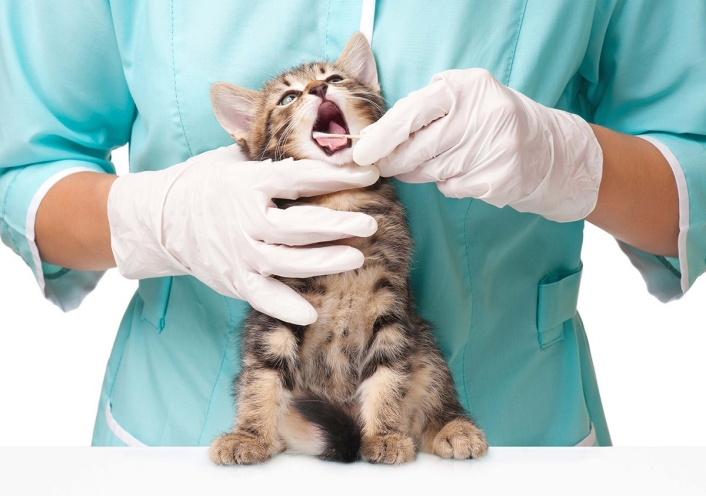Emergencies involving our beloved pets can be frightening and stressful. Knowing when to seek emergency veterinary care is crucial for ensuring the health and well-being of our furry companions. Here’s a comprehensive guide to help you navigate Emergency Veterinarian In Winston Salem NC:
- Recognizing Emergency Signs: Familiarize yourself with common signs that may indicate a pet emergency, such as difficulty breathing, severe bleeding, trauma, sudden weakness, seizures, or ingestion of toxic substances. Trust your instincts—if you feel something is wrong, it’s better to seek veterinary care promptly.
- Locating Emergency Veterinary Clinics: Research and keep a list of emergency veterinary clinics in your area. Ensure they offer 24/7 emergency services and have experienced veterinarians and advanced medical equipment to handle urgent cases.
- Preparation: Be prepared for emergencies by having essential items readily available, including your pet’s medical records, emergency contact numbers, a pet first aid kit, and a carrier for transportation.
- Contacting the Clinic: If you suspect your pet is experiencing a medical emergency, call the emergency veterinary clinic before arrival. Describe your pet’s symptoms and follow any instructions provided by the veterinary staff.
- Transporting Your Pet Safely: Transport your pet to the emergency clinic safely and calmly. If your pet is injured or in distress, handle them gently and try to minimize movement to prevent further injury.
- Initial Assessment: Upon arrival at the emergency clinic, your pet will undergo a thorough examination by the veterinary team. They will assess vital signs, perform diagnostic tests if necessary, and determine the appropriate course of action.
- Treatment Options: Depending on the nature and severity of the emergency, treatment options may include medication, surgery, fluid therapy, oxygen therapy, or supportive care. The veterinary team will discuss treatment options with you and provide guidance on the best course of action for your pet.
- Communication: Stay in communication with the veterinary team throughout the treatment process. Ask questions, voice any concerns, and follow their recommendations for follow-up care and monitoring.
- Financial Considerations: Emergency veterinary care can be costly, so it’s essential to discuss financial estimates and payment options with the clinic upfront. Some clinics offer financing plans or accept pet insurance to help cover expenses.
- Follow-Up Care: After receiving emergency treatment, follow any instructions provided by the veterinary team for post-care at home. Attend follow-up appointments as scheduled and monitor your pet closely for any changes in their condition.
Remember, in a pet emergency, time is of the essence. Don’t hesitate to seek veterinary care if you believe your pet’s health or safety is at risk. By being prepared and knowing how to respond effectively, you can ensure your pet receives the timely care they need during emergencies.



